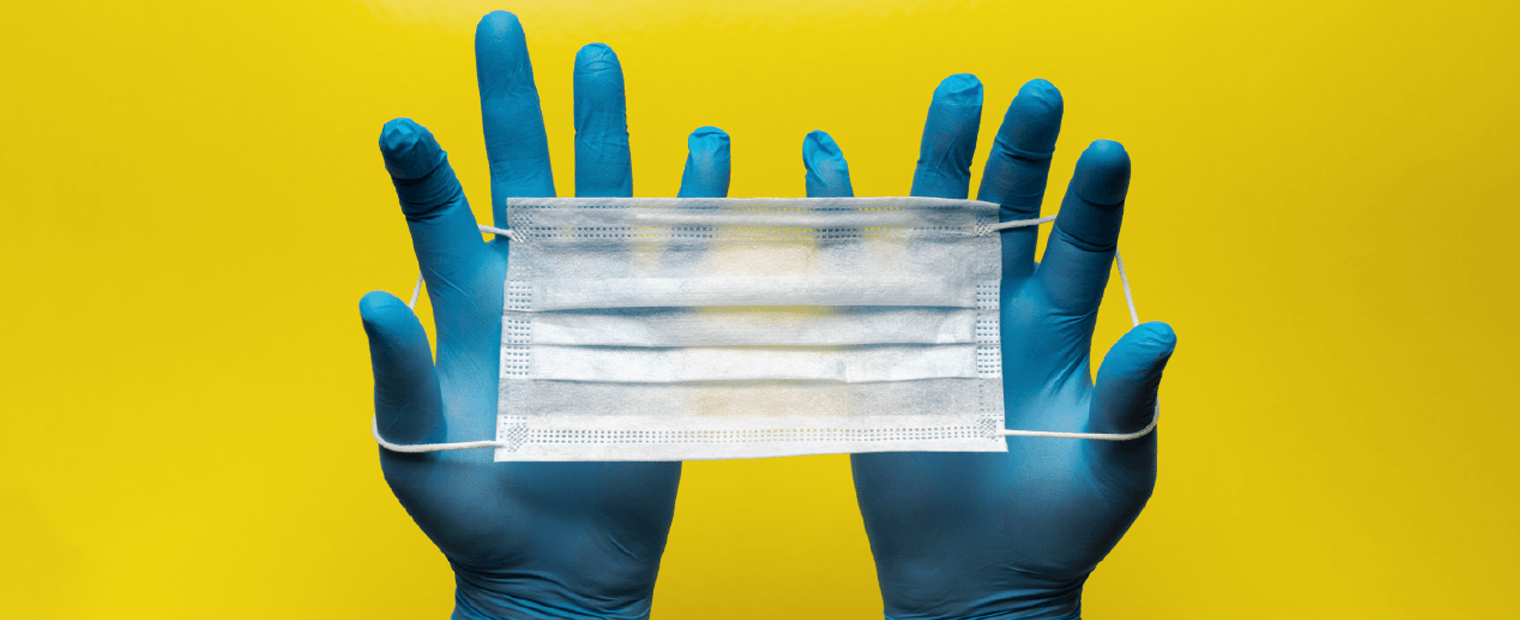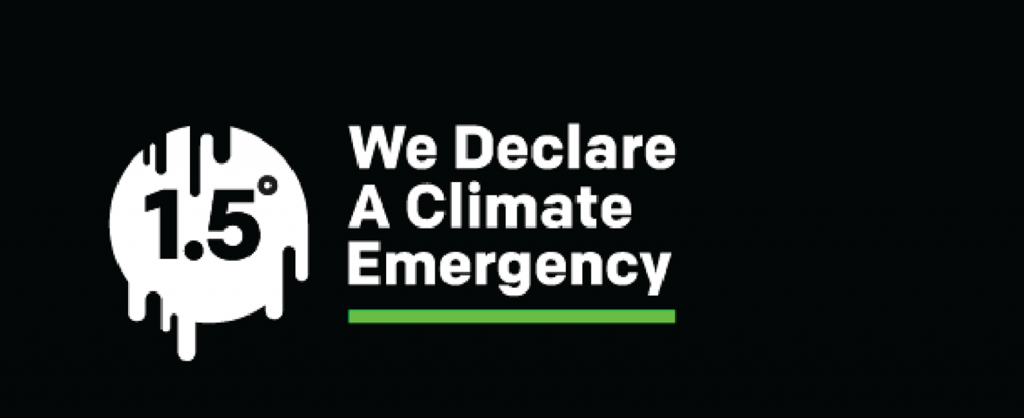UBQ’s technology can convert PPE and other “unrecyclable” waste into everyday durable products
Cleantech startup UBQ Materials is a novel solution to “unrecyclable” household waste, which due to the pandemic has become increasingly dominated by single-use personal protective equipment (PPE). UBQ’s advanced conversion technology transforms landfill-destined waste into a bio-based material that substitutes oil-based plastics in the manufacturing of thousands of everyday products.
In response to COVID-19, the use of disposable PPE has skyrocketed. Once limited to medical staff, particularly dentists and surgeons, face masks have become a necessary standard in the general population across the globe. Face masks are paramount in protecting individuals’ health and keeping the virus at bay, but their widespread adoption is resulting in staggering amounts of plastic pollution. It is estimated that since the start of the pandemic, 129 billion face masks have been thrown away each month.
Disposable face masks are commonly made from non-woven fabrics. This material is used in lightweight, tear-resistant products like diapers, sanitary pads, filters, wipes, and sanitary masks. Notoriously problematic for the environment, non-woven fabrics are made from fibers rather than yarns, laid randomly or in a uniform way to make web-like layers, held together by a felting or bonding process. Due to their multi-layer structure, most non-woven fabrics are unrecyclable in conventional recycling streams. Products containing non-woven fabrics have traditionally been incinerated or buried in landfills.
UBQ’s waste feedstock includes food scraps and garden trimmings, cardboard, paper and mixed plastics – and in the past few months, significant amounts of disposable PPE. The heterogeneous waste stream is broken down into its basic organic components (lignin, cellulose, fibers and sugars) and bound by the waste stream’s plastics polymers to create a novel material called UBQ™. The most climate–positive thermoplastic on the market, UBQ™ diverts waste from landfills, preventing the release of methane and other toxic greenhouse gases.
In “normal” times, UBQ Materials processes non-woven fabrics as part of its feedstock, a feat which has become even more important in COVID-times, as the amount of disposable PPE continues to surge.
The UBQ™ material is a sustainable additive for the plastic industry, compatible with standard manufacturing processes. UBQ™ has undergone extensive testing and certifications deeming it safe and usable in the making of durable products like shopping carts, pipes, flowerpots, trays, car parts and outdoor furniture to name a few.
Co-founder and CEO of Israel, Jack (Tato) Bigio remarks “In the global battle against COVID-19, it is critical that we do not sacrifice our environment. While UBQ’s technology utilizes waste as a resource, being an effective solution is dependent on mass adoption and implementation of sustainable materials in cross-industry manufacturing. From consumers to brands, retailers and producers, the more UBQ™ is utilized in manufacturing of end-products, the more waste we divert from landfills, the more we offset GHG emissions and toxic leakages and the more we preserve finite natural resources for future generations.”


